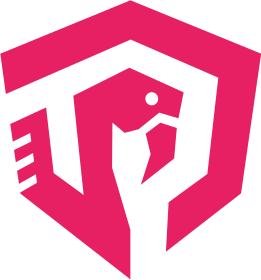utron
utron is a lightweight MVC framework in Go (Golang) for building fast, scalable and robust database-driven web applications.
Features
- Postgres, MySQL, SQLite and Foundation database support
- Modular (you can choose which components to use)
- Middleware support. All alice compatible Middleware works out of the box
- Gopher spirit (write golang, use all the golang libraries you like)
- Lightweight. Only MVC
- Multiple configuration files support (currently json, yaml, toml and hcl)
Overview
utron is a lightweight MVC framework. It is based on the principles of simplicity, relevance and elegance.
-
Simplicity. The design is simple, easy to understand, and doesn't introduce many layers between you and the standard library. It is a goal of the project that users should be able to understand the whole framework in a single day.
-
Relevance.
utrondoesn't assume anything. We focus on things that matter, this way we are able to ensure easy maintenance and keep the system well-organized, well-planned and sweet. -
Elegance.
utronuses golang best practises. We are not afraid of heights, it's just that we need a parachute in our backpack. The source code is heavily documented, any functionality should be well explained and well tested.
Motivation
After two years of playing with golang, I have looked on some of my projects and asked myself: "How golang is that?"
So, utron is my reimagining of lightweight MVC, that maintains the golang spirit, and works seamlessly with the current libraries.
Installation
utron works with Go 1.4+
go get github.com/gernest/utron
For the Old API use
go get gopkg.in/gernest/utron.v1
Tutorials
Sample application
Contributing
Start with clicking the star button to make the author and his neighbors happy. Then fork the repository and submit a pull request for whatever change you want to be added to this project.
If you have any questions, just open an issue.
Author
Geofrey Ernest
Twitter : @gernesti
Acknowledgements
These amazing projects have made utron possible:
Licence
This project is released under the MIT licence. See LICENCE for more details.






